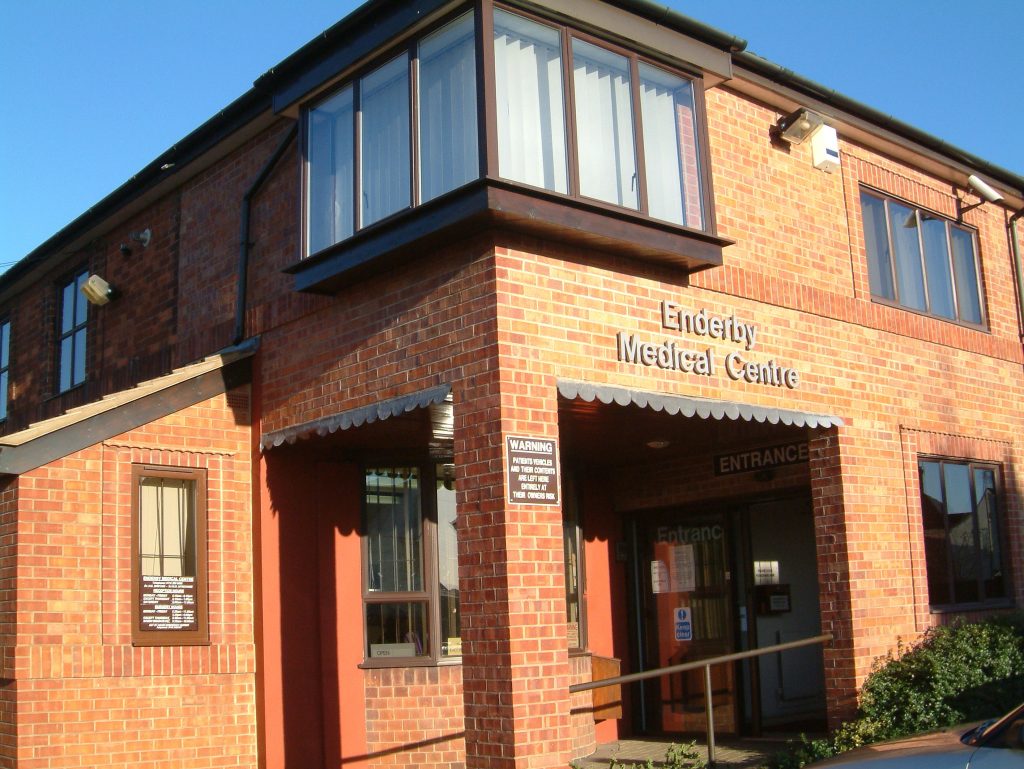Immunisations are an important way of protecting individuals and the community from serious disease.
Routine vaccinations are offered free of charge on the NHS to all babies and children in the UK. Please note that some of the below will be offered in School only
At two months old:
- Diphtheria, tetanus, pertussis (whooping cough), polio and Haemophilus influenzae type b (Hib) (DTaP/IPV/Hib)
- Pneumococcal infection – pneumococcal conjugate vaccine (PCV)
- Rotavirus
- Meningococcal group B
At three months old:
- Diphtheria, tetanus, pertussis (whooping cough), polio and Haemophilus influenzae type b (Hib) (DTaP/IPV/Hib)
- Meningitis C (meningococcal group C) (MenC)
- Rotavirus
At four months old:
- Diphtheria, tetanus, pertussis (whooping cough), polio and Haemophilus influenzae type b (Hib) (DTaP/IPV/Hib)
- Pneumococcal infection – pneumococcal conjugate vaccine (PCV)
- Meningococcal group B
At around 12 months old:
- Haemophilus influenzae type b (Hib) and meningitis C (Hib/MenC)
- Measles, mumps and rubella (German measles) (MMR)
- Pneumococcal infection – pneumococcal conjugate vaccine (PCV)
- Meningococcal B
Two, three and four years old and children in school years 1 and 2
- Influenza (from September)
Three years four months to five years old (pre-school):
- Diphtheria, tetanus, pertussis (whooping cough) and polio (dTaP/IPV or DTaP/IPV)
- Measles, mumps and rubella (German measles) (MMR)
12 – 13 year old:
- HPV Vaccination for girls (3 vaccinations over 6 months) Given by the school nurse
Around 14 years:
- Tetanus, diptheria and polio
- Men C and Meningococcal group W disease and groups A and Y
Year 13 students (aged 17 to 18)
- Men C and Meningococcal group W disease and groups A and Y
